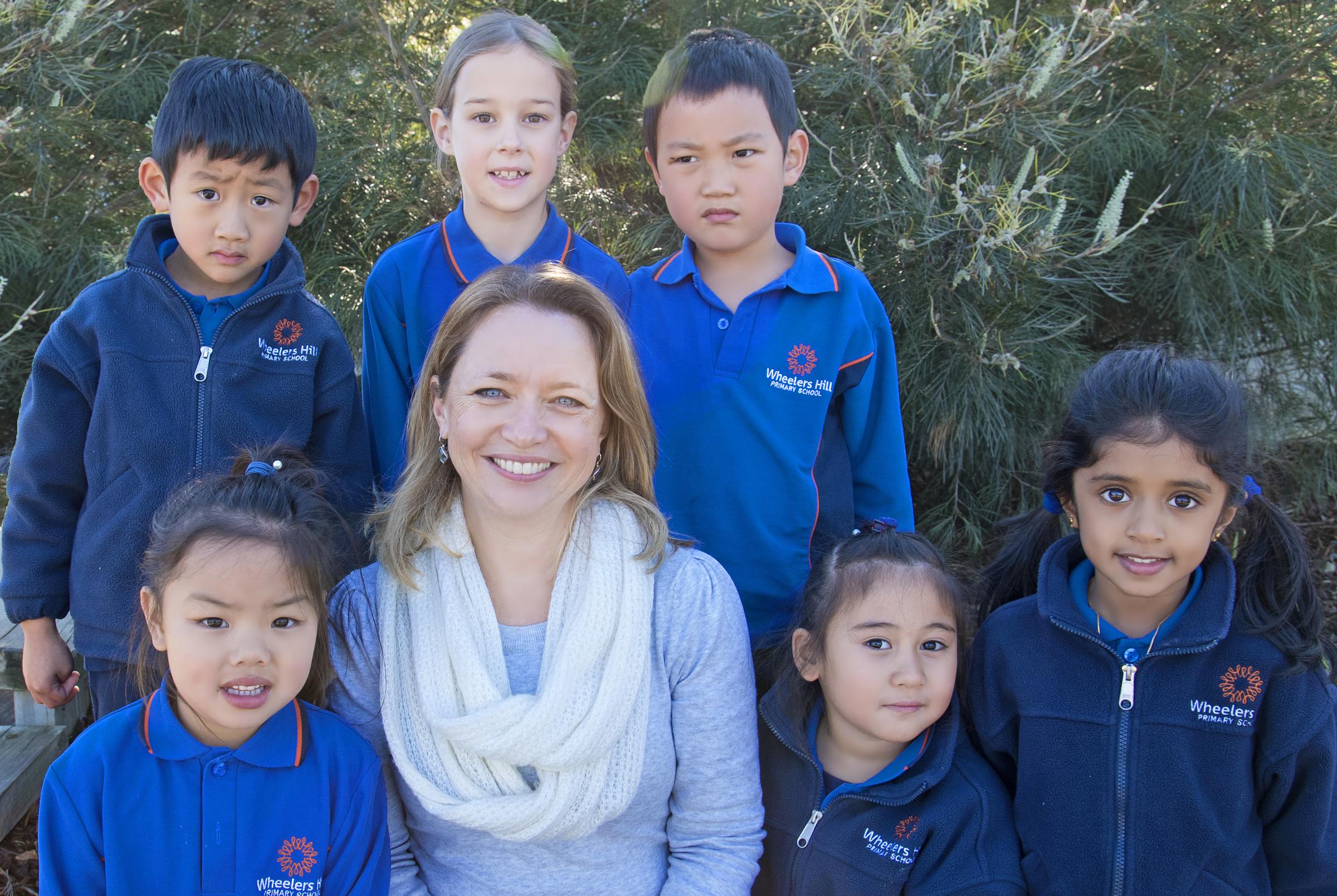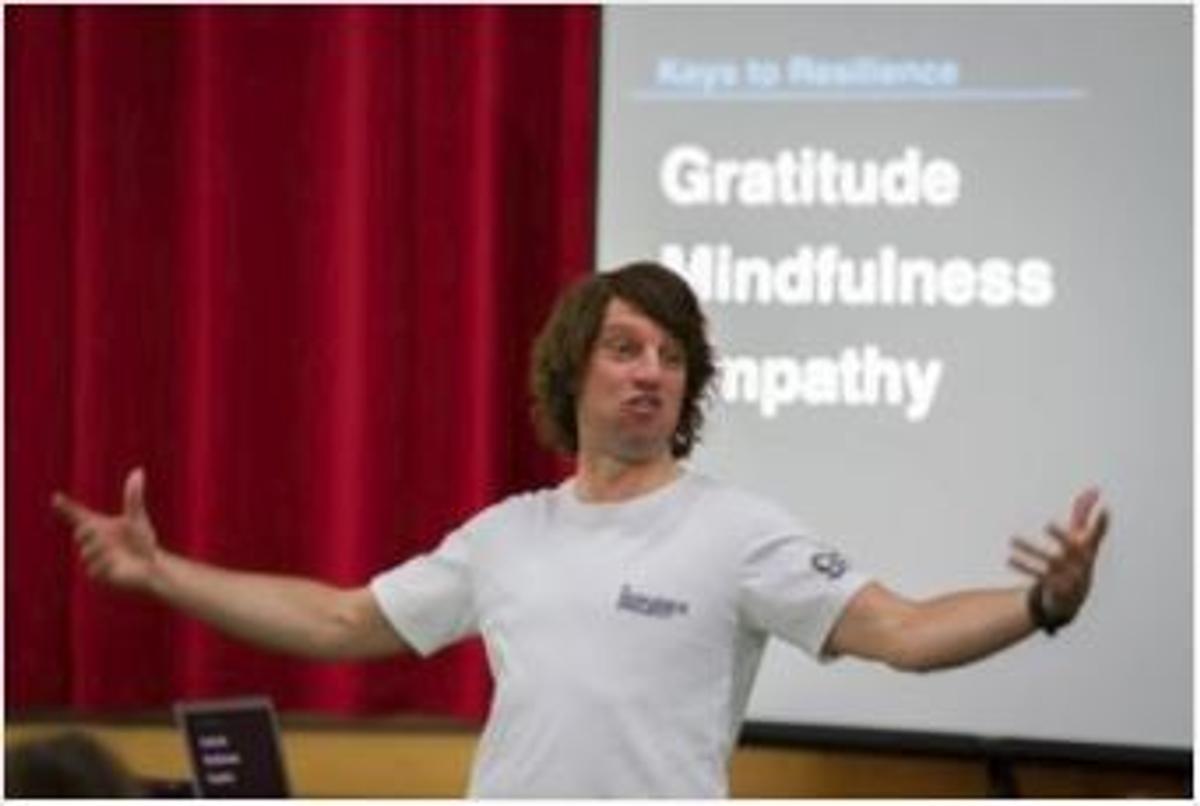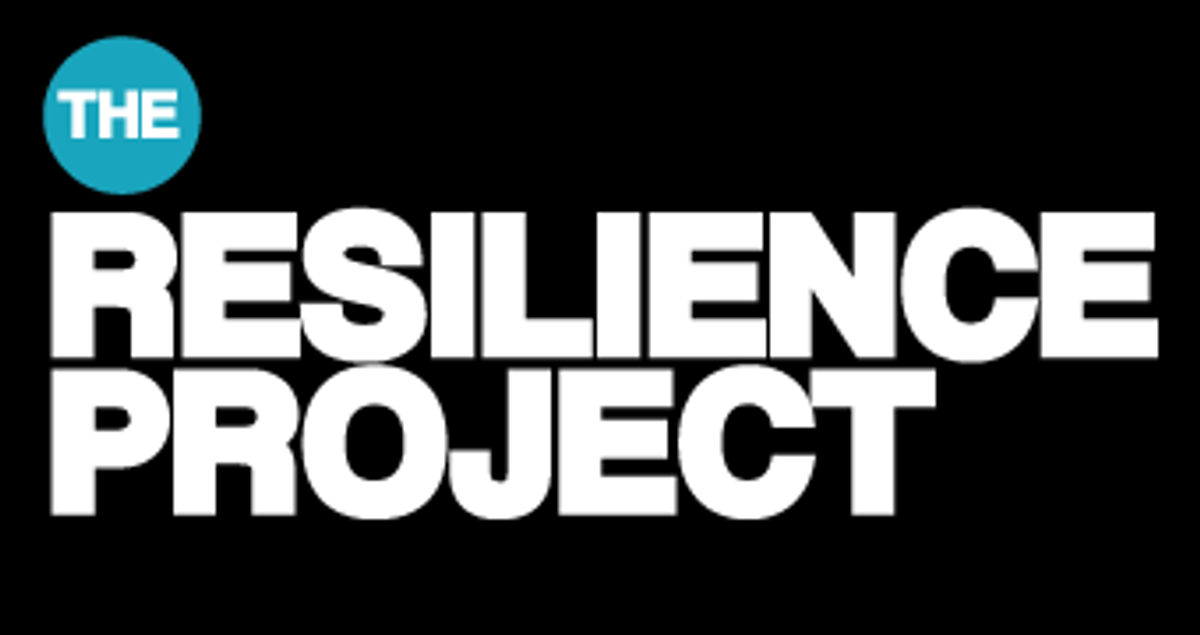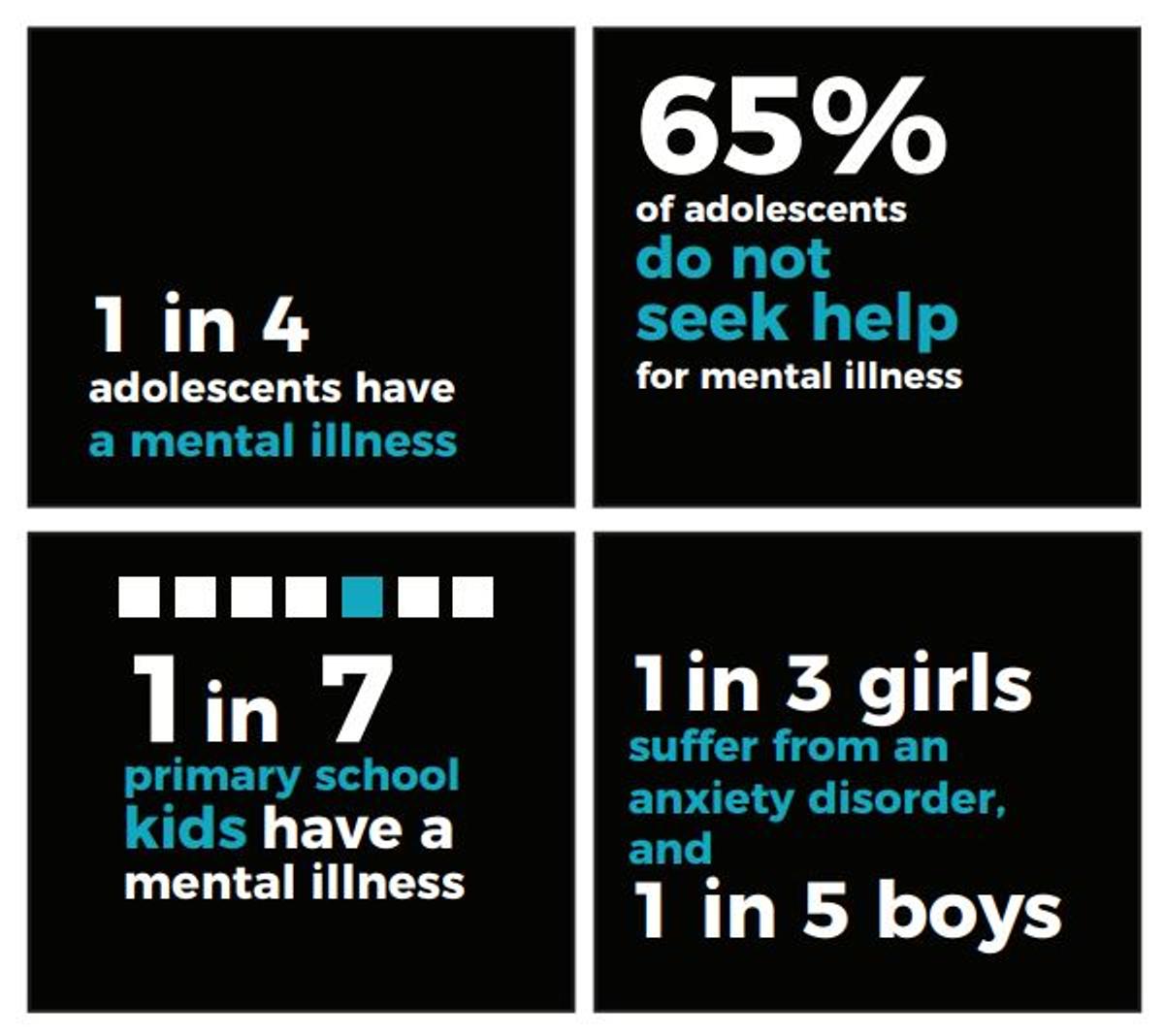Assistant Principal's Report Katrina Spicer - Welfare and Wellbeing

8th March, 2019
Resilience Project Parent Information Evening
Martin Heppell from The Resilience Project spoke to parents last Wednesday, 27th February about how to raise resilient kids. Despite the warm evening, Martin’s enthusiasm was contagious as he recounted his experience growing up with his Anthropologist father, living with a tribe of ‘head hunters’ in Borneo. Growing up, Martin was struck by, despite how little these people had in terms of possessions, how happy and content they were. One of the things that he noticed about this tribe he was living with, was that the adults allowed the children to fail. With support, the children in the tribe were allowed to feel uncomfortable, challenged, and were allowed to experience and learn to manage failure.
A big message from the evening was that if we don’t allow our children to fail now, when they are young and when we as parents are around to support them and guide them, when do we allow them to fail? Martin reminded us that we all fail every day. There are things that we do ‘wrong’ every single day. To fail is normal. It is not unheard of for parents to complain to University lecturers about their child’s grades. If parents are still protecting their children from failure when their children are this age, when will their children learn how to fail? Now is the time to teach our children how to fail gracefully, and how to reflect and learn from their failures. Failure should be seen as a learning opportunity, not as something be avoided.
As parents it is our natural instinct to protect our children from harm, but are we not causing greater harm in the long run by not allowing our children to develop the skill of failure? It is important that children are allowed to experience negative emotions, as these emotions are a normal part of being human. Knowing how to cope with negative emotions is vital in building resilience.
Children learn by observing their family. Martin asks us to think about how we are modelling kindness and gratitude to our children in our day-to-day lives. Do our children see us being kind? Do our children see us being grateful? What exactly are we modelling to our children when we live an ‘if – then’ model of happiness? “If I get this, then I’ll be happy”, “If I buy that, then I’ll be happy”. How are our actions as parents teaching our children to be grateful for what we have? If our children have their heads in their devices all of the time, do they ever see those everyday acts of kindness that go on around them? Do they see people holding the door open for others? Do they see people helping others with heavy loads? Or are our children’s eyes cast downwards looking at screens. What societal cues and messages are our children missing out on?
The link below is to a radio interview with Martin from June in 2018, when he discusses many of the areas he covered in his presentation last week. I encourage you all to have a listen.
https://www.abc.net.au/radio/melbourne/programs/sundays/martin-heppell-resilience/9903998
The Importance of Play
Over the next few editions of the Newsletter, I will be attaching a series of posters which discuss the importance of play in our children's lives.
Katrina Spicer
Assistant Principal - Welfare and Well-being
Parenting Ideas Article
Daily Lessons in Resilience
by Michael Grose
Recently, I saw a mother give a simple, yet profound resilience lesson to her school-aged child, after he missed a much-anticipated excursion due to poor behaviour at school. Replying to the child’s protests about teacher unfairness and his over-reaction to missing out on a learning opportunity his mum simply replied, “Oh well!” Then she busied herself with other tasks. The child stunned by her reaction, shrugged and headed off to complete his homework.
Adult reactions matter
It’s in our reactions to children’s and young people’s every day mistakes, mess-ups, muck-ups and hurts where the real lessons in resilience lay.
The lessons for this child were simple but profound. “Oh well” meant:
- Stuff happens
- Don’t look for fault or blame
- Keep your perspective
- Pick yourself off and continue with what you were doing
How to react
The resilience lesson for this mother were equally as profound. When a minor mishap with a child or teenager occurs:
- Match your response to the incident
- Stay calm and be positive
- Don’t look for fault or blame
- Remember, stuff happens
Resilience lesson for parents – “Oh well”
Every day there are opportunities for parents to give their children lessons in resilience.
A child misses being picked for a team that he had his heart set on joining. “Oh well. Let’s see how you go next time”
When a boy experiences rejection in the playground at school. “Oh well. You’ll find that some people don’t want to be your friend.”
When a teenage girl doesn’t get the mark she thinks she deserves in an assignment. “Oh well. Sometimes we don’t get the marks we think we deserve.”
Match your response to the challenge to promote resilience
There are times when “Oh well” won’t cut it. When a child is bullied he needs your continued support.
When a student’s continuous efforts at improvement are constantly met with criticism then you may need to act on his behalf and meet with a teacher.
When a child always struggles to make the grade and is never picked for a team then you may need to help him make different choices.
These types of situations also present opportunities for daily lessons in resilience, but they require more parental support and teaching.
The resilience lessons learned are deeper and include concepts such as ‘things will eventually go you way,’ ‘there are times when you need to seek help’ and ‘this too shall pass.’
Promoting personal resilience focuses on helping kids cope with life’s hurts, disappointments and challenges in the present, while building strengths for the future.
Daily lessons in resilience are everywhere. You just need to be ready to make the most of these valuable lessons when they come your way.



